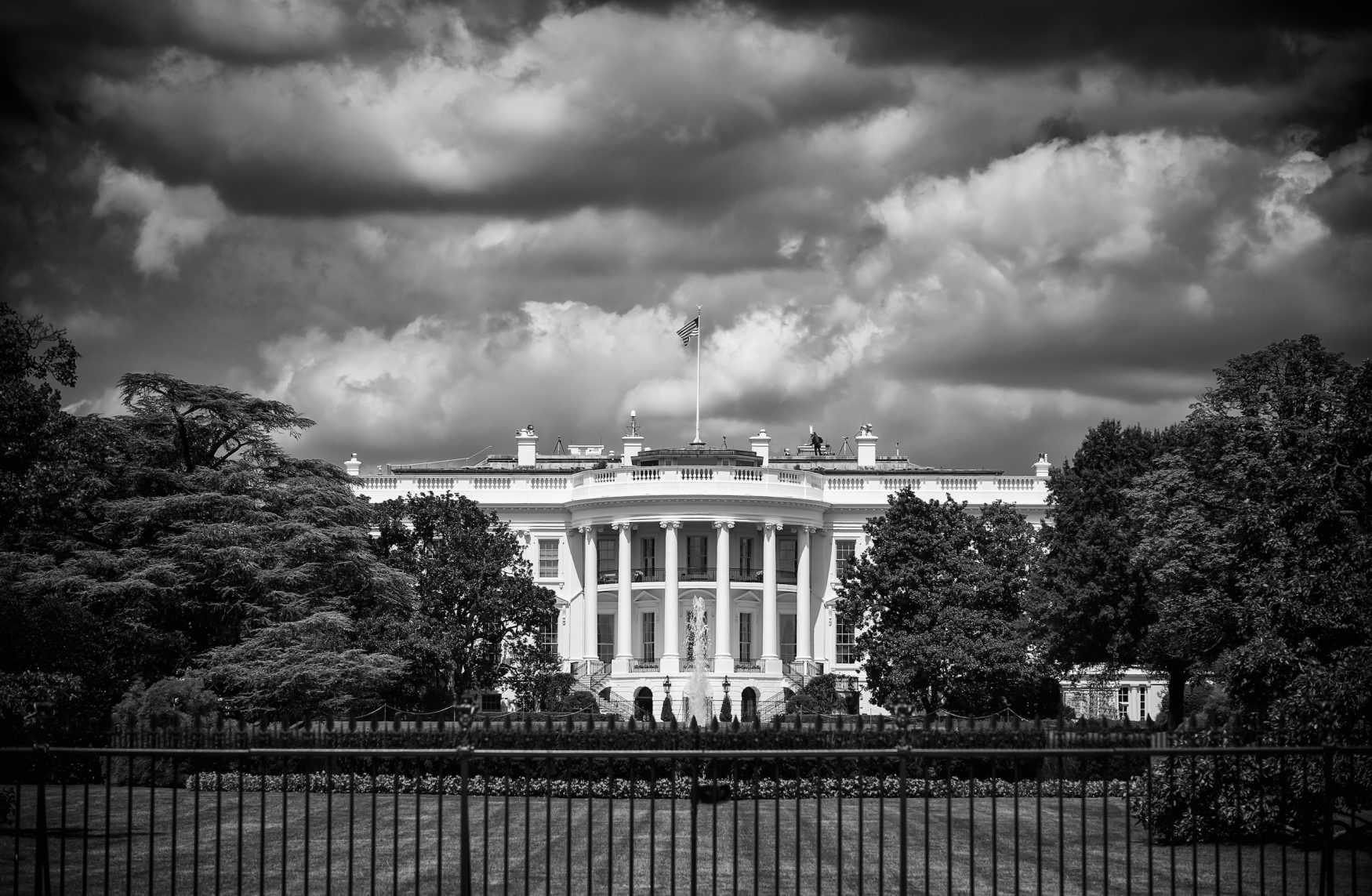
The Nixon White House Tapes Scandal are Synonymous with Scandal and Corruption
The Nixon White House Tapes are Evidence of the Illegal Activities Carried out by the Nixon Administration.
The Nixon Tapes from the Watergate scandal point to the most shocking and complex web of political scandals between the years 1972 to 1974.
Nixon White House Tapes refer to the audio recordings of the conversations between former U.S. President Richard Nixon and his staff members at the White House.
The conversations were recorded between February 1971 to July 18, 1973.
Line tapes were placed on the phone along with lavalier microphones at various places around the rooms.
The recordings were taken on some nine Sony TC-800B open-reels on a tape recorder.
Though the Nixon white house tapeswere removed shortly after the hearing of the Watergate scandal, the set up was removed only after Nixon left office in 1974.
The scandal came to light when on June 17, 1972, five men including a former member of the CIA were arrested around 2.30 a.m.
The burglars were trying to bug the offices of the Democratic National Committee at the Watergate hotel complex.
This series of scandals became a sort of chain reaction involving the Committee to re-elect the President.
Nixon in Denial
Nixon remained in denial of the tapes, calling them mere conspiracy of politics and denounced them as biased and misleading.
As the FBI confirmed that Nixon and his aides had attempted to sabotage the Democrats, many of his fellow members resigned, while others had to face prosecution. He kept on saying, “I am not a crook”.
Nixon’s denials could not hold water for long as several others testified to the scandal being true.
Along with the testimony of John Dean, White House aide Alexander Butterfield testified in July 1973 that President Nixon had a secret taping system set up in the white house that recorded his conversations and phone calls in the Oval Office.
Escape by Hook or by Crook
Nixon first tried to withhold the Nixon white house tapes citing the reason that those tapes were critical to national security.
As his [lame] excuse was not accepted, on October 19, 1973 he offered to give his tapes to Senator John Cox Stennis for review, and summarize the tapes for the special prosecutor’s office.
When Cox refused to do so, he was fired that very night. When Nixon ordered the attorney general to dismiss Cox, he refused and instead gave his own resignation.
Finally, it was General Robert Bork who fired Cox.
Hail the Justice for Once
On July 24, 1974, the Supreme Court asked Nixon to hand over the recordings of 62 Nixon white house tapes, while it rejected Nixon’s claim to executive privilege.
Two days later the House of Judiciary Committee also passed the first of three articles of impeachment, charging Nixon with obstruction of justice.
Finally on August 8, 1974 President Nixon became the first president of America to resign.
On September 8, 1974 President Gerald Ford granted Nixon a full and unconditional pardon for all the crimes he may have committed.
This pardon was not very acceptable to the American people and the New York times reported this pardon to be a “profoundly unwise, divisive and unjust act”.

 My First Amazing Ayahuasca Experience
My First Amazing Ayahuasca Experience  Pine Needle Tea
Pine Needle Tea  The REAL Controllers of Humanity: The Papal Bloodlines
The REAL Controllers of Humanity: The Papal Bloodlines  Is it Global Warming or Cooling?
Is it Global Warming or Cooling?  Gun Rights and Obama Examined
Gun Rights and Obama Examined